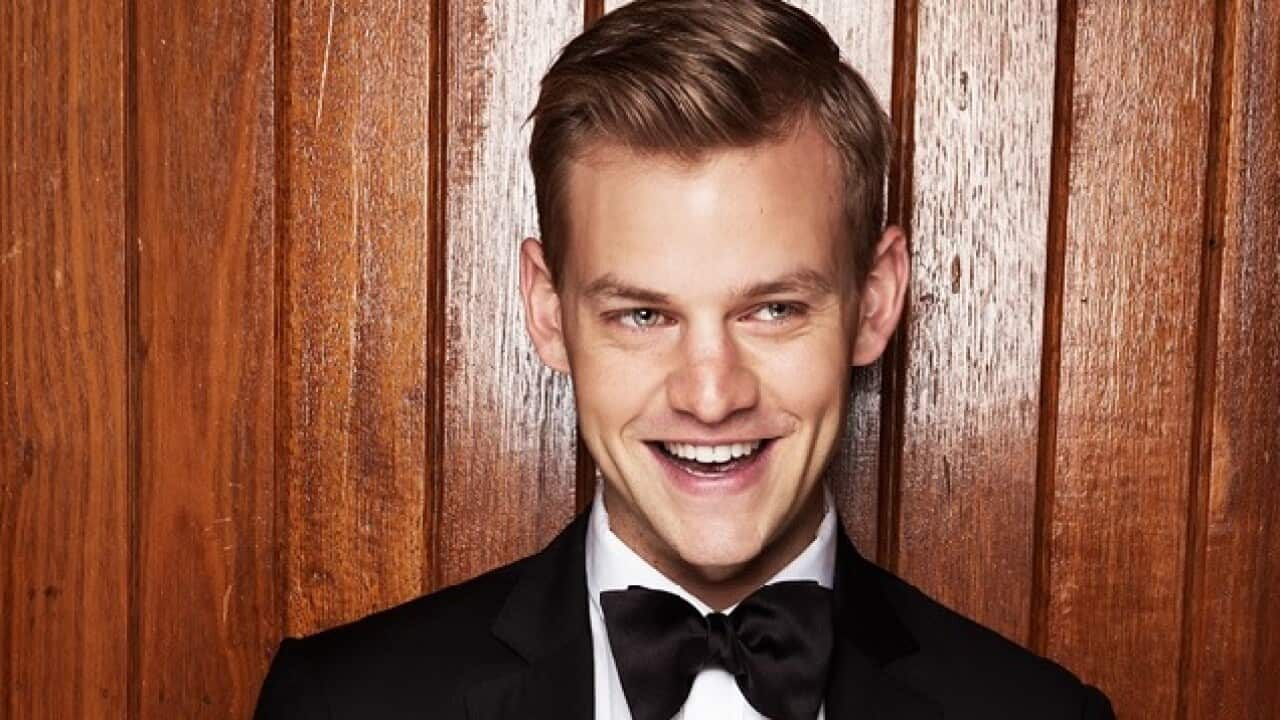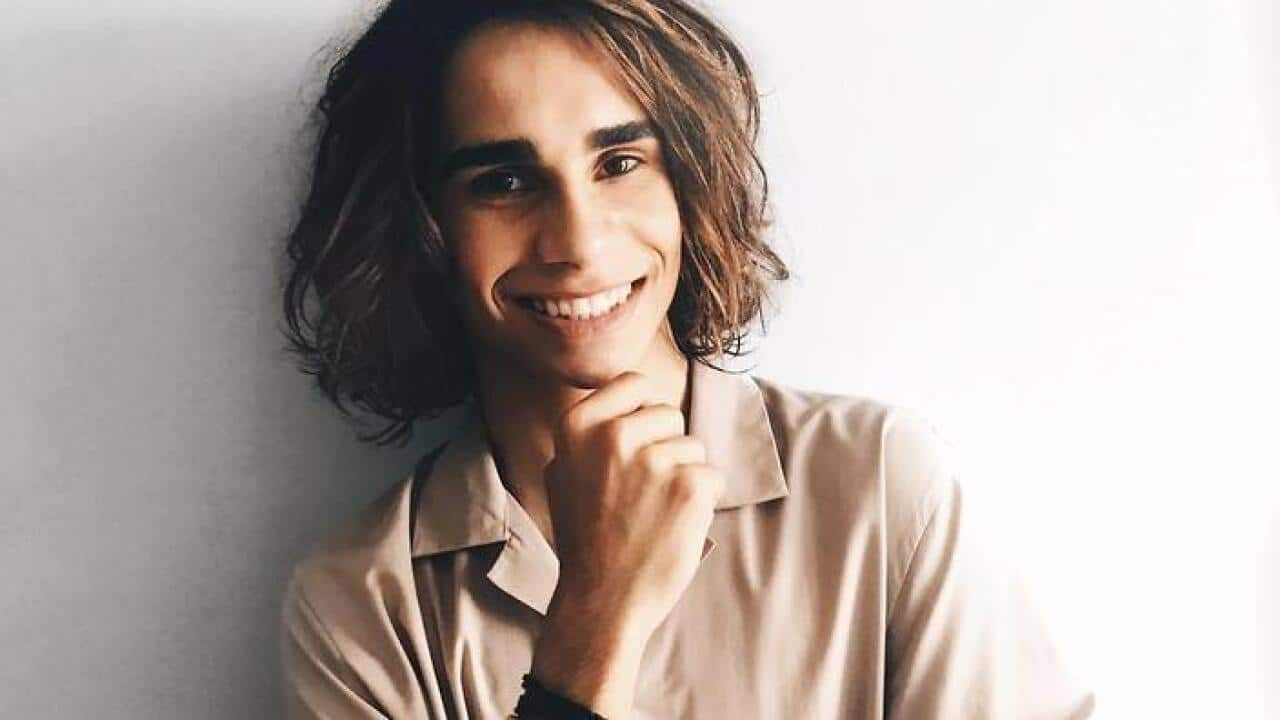Following the of the Eurovision Song Contest this year, SBS is excited to announce a week-long festival of Eurovision from 10-17 May, culminating in a brand new alternative Eurovision 2020 with SBS’s Eurovision 2020: Big Night In! and from The Netherlands.
The suburban Australia I grew up in during the '70s and '80s was populated by macho men in tight shorts with thick, luxurious moustaches, and women with tight perms and shoulder pads who made macramé owls in their spare time.
Australia had a great understanding of kitsch and campness - the problem was, Australia as a culture didn’t seem to have the self-awareness to notice.
We have always been a multicultural society, so Eurovision should have been a natural fit. We embraced Eurovision winners ABBA more than any other nation, but something seemed to stop us from adopting the famous song contest wholeheartedly.
One reason could’ve been that talent shows at the time didn’t have the same sway they have now. Australian talent shows of the 1970s like Pot of Gold and Young Talent Time were not seen as a shortcut to success, but rather as a hindrance to perceived legitimacy.
Success in Australia’s golden age of pub rock had to be earned through years of slogging away in sweaty bars with beer-stained carpets before you would even be considered for the cultural touchstone musical television show of the time, Countdown. Perhaps Australia at the time thought Eurovision contestants hadn’t "earned it"?
The flamboyant nature of Eurovision also might have been too much for the "no bull" aesthetic of the pub rock scene. Eurovision contestants only had a couple of minutes to shine in the world spotlight, so they had to compress a career’s worth of Elton John’s flamboyance into one super-charged performance. There was only so much tinsel and mascara, and so many sequined bodysuits that could be crammed into a cathode ray tube before any self-respecting Aussie male’s head began to explode.
Of course, times have changed, and the success of shows such as Australian Idol and The X Factor have spawned some big stars which have finally given the genre of the talent show the legitimacy is has been seeking all these years. It seems like Australia has finally caught up with Eurovision.
Australia has taken part in Eurovision for the last three years, and, ironically, we have chosen our home-grown talent show winners Guy Sebastian, Dami Im and Isaiah Firebrace to represent us. We’re selling coal to Newcastle!
Eurovision has always been good at being ahead of the times and subversive. This is probably because it isn't constrained by mainstream tastes and American-centric ideas of fashion. Contestants are free to do whatever they want.
Only at Eurovision could you see a band such as Buranovskiye Babushki - the six elderly women who represented Russia in 2012 - come second. Or, on the other end of the spectrum, Finnish metal band Lordi, clad in latex monster masks and costumes, winning the contest in 2006.
Ageism and ideas of fashion don’t seem to apply in the Eurovision universe. It doesn’t matter about the genre as long as the song (or at the very least the spectacle) can win over the judges and the voting public.
Perhaps most famously, Eurovision has also celebrated gender diversity, with bearded drag queen Conchita Wurst winning the competition in 2014. The win created headlines around the world and Wurst became a gay icon.
Most of those Aussie macho men from the '70s are probably still alive now and I’d like to think they watch Eurovision. Their moustaches surely would be greyer and not as full-bodied as they were in their youths. Maybe they watched Conchita win the competition. Even if they didn’t like the song she performed, at least they could appreciate the luxuriousness of her beard. I hope, too, that she helped them realise how gloriously camp they were in the 1970s.
More on SBS Eurovision:

Behind the scenes of Isaiah's Eurovision rehearsals




